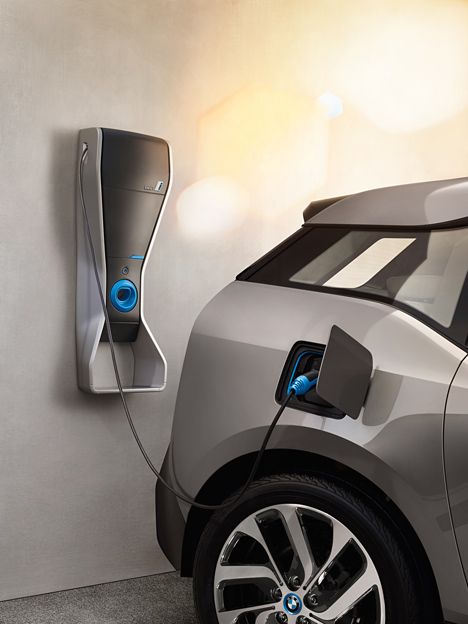


The era of electric cars is just beginning, marking a monumental shift towards sustainable transportation. With the growing concerns about climate change and the need for cleaner energy alternatives, electric vehicles (EVs) have emerged as a promising solution. This article explores the exciting developments in the electric car industry and how it is shaping the future of transportation.
Electric cars have come a long way since their humble beginnings. Introduced as a niche market, they have quickly gained popularity and are now considered a viable option for the masses. The advancements in battery technology have significantly increased the range of EVs, addressing one of the major concerns for potential buyers. With the ability to travel hundreds of miles on a single charge, electric cars are no longer limited to short commutes.
One of the key drivers behind the rise of electric cars is the increasing number of government initiatives and incentives. Many countries have set ambitious targets to reduce carbon emissions, and promoting electric vehicles is a crucial part of their strategy. Governments around the world are offering financial incentives, tax credits, and subsidies to encourage consumers to switch to electric cars. These measures have not only made EVs more affordable but have also helped in building the necessary infrastructure, such as charging stations.
Another factor fueling the electric car race is the involvement of major automobile manufacturers. Recognizing the potential of EVs, companies like tesla, nissan, and bmw have invested heavily in research and development, resulting in technologically advanced electric vehicles. These manufacturers are constantly pushing the boundaries of innovation, making electric cars more efficient, stylish, and accessible to a wider audience.
The benefits of electric cars extend beyond environmental considerations. They offer lower operating costs compared to traditional internal combustion engine vehicles. With fewer moving parts and no need for expensive gasoline, maintenance and fuel expenses are significantly reduced. Additionally, EVs produce zero tailpipe emissions, contributing to cleaner air and improved public health.
One of the challenges, however, remains the limited charging infrastructure. Although significant progress has been made in recent years, the availability of charging stations is still not as widespread as gasoline stations. However, this is changing rapidly as governments and private companies invest in expanding the charging network. Fast-charging stations are being installed along major highways, making long-distance travel in electric vehicles more feasible.
The future of electric cars looks promising, with projections indicating a steep growth trajectory. As battery technology continues to advance, the range and efficiency of electric vehicles will improve further. The cost of batteries is also expected to decrease, making EVs more affordable for the average consumer. With leading automakers pledging to transition their entire fleets to electric by a certain date, the great electric car race is only set to intensify.
In conclusion, the electric car race is just beginning, and it holds immense potential for transforming the transportation industry. With the combination of government incentives, technological advancements, and changing consumer preferences, electric cars are poised to become the dominant mode of transportation in the future. It's an exciting time for both manufacturers and consumers as they embrace this sustainable and innovative form of mobility.